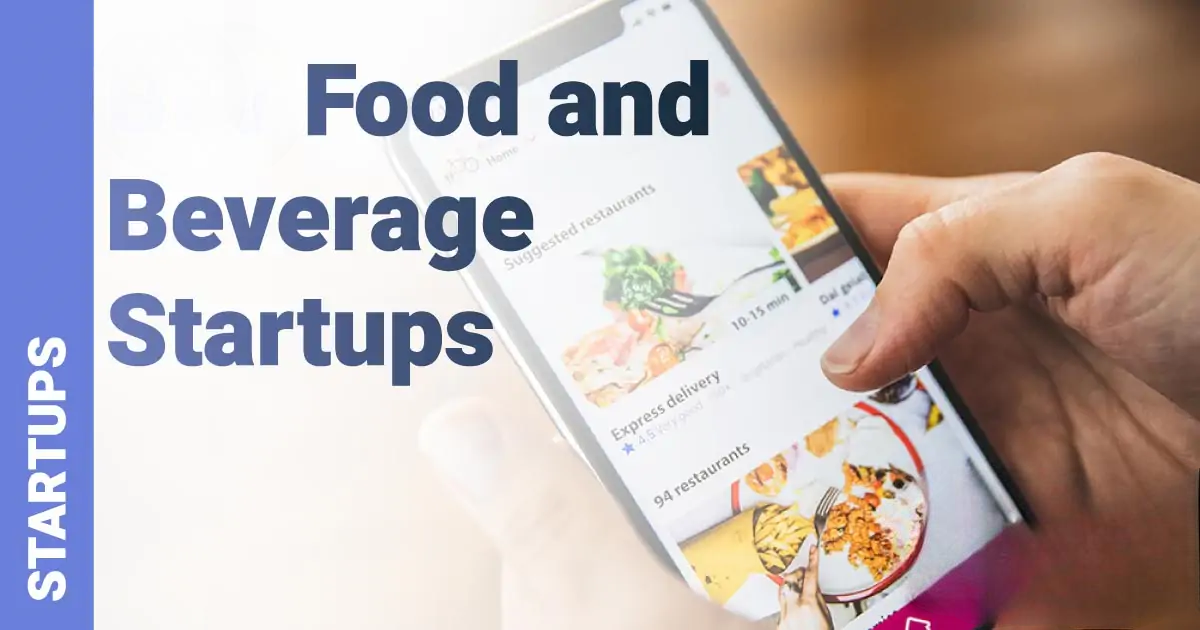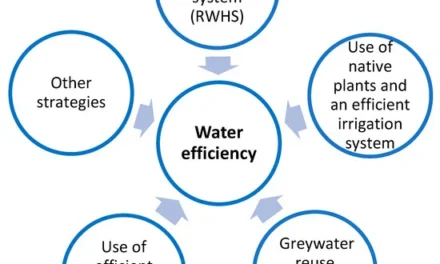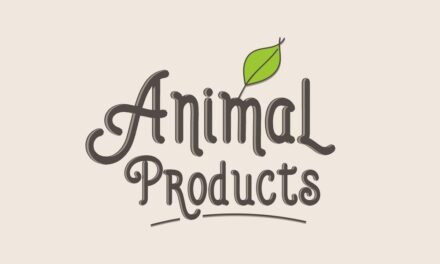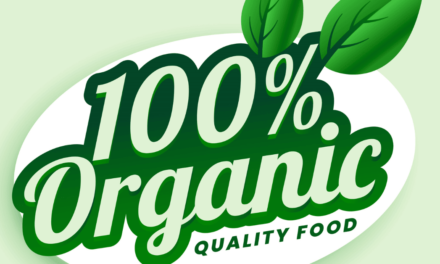1. Plant-Based and Alternative Proteins
- Innovation in Ingredients: Startups like Beyond Meat and Impossible Foods are using plant-based ingredients to create meat and dairy alternatives with taste and texture similar to traditional products.
- Cultivated Meats: Lab-grown meat startups, such as Upside Foods, are leveraging cellular agriculture to produce animal-free protein sustainably.
2. Sustainability Practices
- Waste Reduction: Companies like Imperfect Foods and Too Good To Go focus on reducing food waste by repurposing imperfect or surplus ingredients.
- Eco-Friendly Packaging: Startups are introducing biodegradable, compostable, or reusable packaging to reduce environmental impact.
3. Personalized Nutrition
- Data-Driven Solutions: Startups like Habit use AI and genetic testing to create personalized meal plans and products tailored to individual health profiles.
- Functional Foods: Products enriched with probiotics, vitamins, or adaptogens target specific health benefits, such as boosting immunity or reducing stress.
4. Technology Integration
- Automation and Robotics: Startups are automating manufacturing processes to increase efficiency and reduce costs, such as using AI-driven machinery for precision mixing and packaging.
- Smart Supply Chains: Blockchain and IoT-enabled startups like Provenance ensure traceability and transparency in ingredient sourcing and distribution.
5. Clean Labels and Minimal Processing
- Natural Ingredients: Consumers demand transparency and fewer additives. Startups focus on minimally processed foods with clean labels.
- Cold-Pressed and Fresh Products: Innovative processes like High-Pressure Processing (HPP) preserve freshness without chemical preservatives.
6. Direct-to-Consumer (D2C) Models
- Subscription Services: Startups like Daily Harvest deliver ready-to-eat or ready-to-cook meals directly to consumers.
- E-Commerce Platforms: Many startups bypass traditional retail by selling their products online, offering customization and convenience.
7. Sustainability in Sourcing
- Regenerative Agriculture: Startups focus on sourcing ingredients from farms that use regenerative practices to restore soil health and biodiversity.
- Alternative Ingredients: Companies are using upcycled or novel ingredients, such as insect protein (e.g., Aspire Food Group) or algae-based products (e.g., Algama).
8. Health and Wellness Trends
- Better-for-You Products: Startups target health-conscious consumers with low-sugar, low-fat, or allergen-free products.
- Mental Wellness Foods: Products with mood-enhancing ingredients like CBD, adaptogens, and nootropics are gaining popularity.
9. Localized and Niche Products
- Regional Flavors: Startups cater to local tastes and traditions, offering products with regional ingredients and flavors.
- Niche Markets: Focus on gluten-free, keto, or vegan diets to serve specific consumer groups.
10. AI and Machine Learning
- Product Development: Startups like NotCo use AI to develop plant-based alternatives by analyzing ingredient combinations.
- Market Insights: Predictive analytics helps startups identify emerging trends and consumer preferences.
11. Sustainable Energy and Water Use
- Startups are adopting energy-efficient manufacturing processes and water recycling technologies to minimize their ecological footprint.
12. Crowdfunding and Community Engagement
- Funding: Crowdfunding platforms allow startups to raise capital while validating demand for their products.
- Feedback Loops: Engaging with consumers directly helps startups refine their offerings based on real-time feedback.









